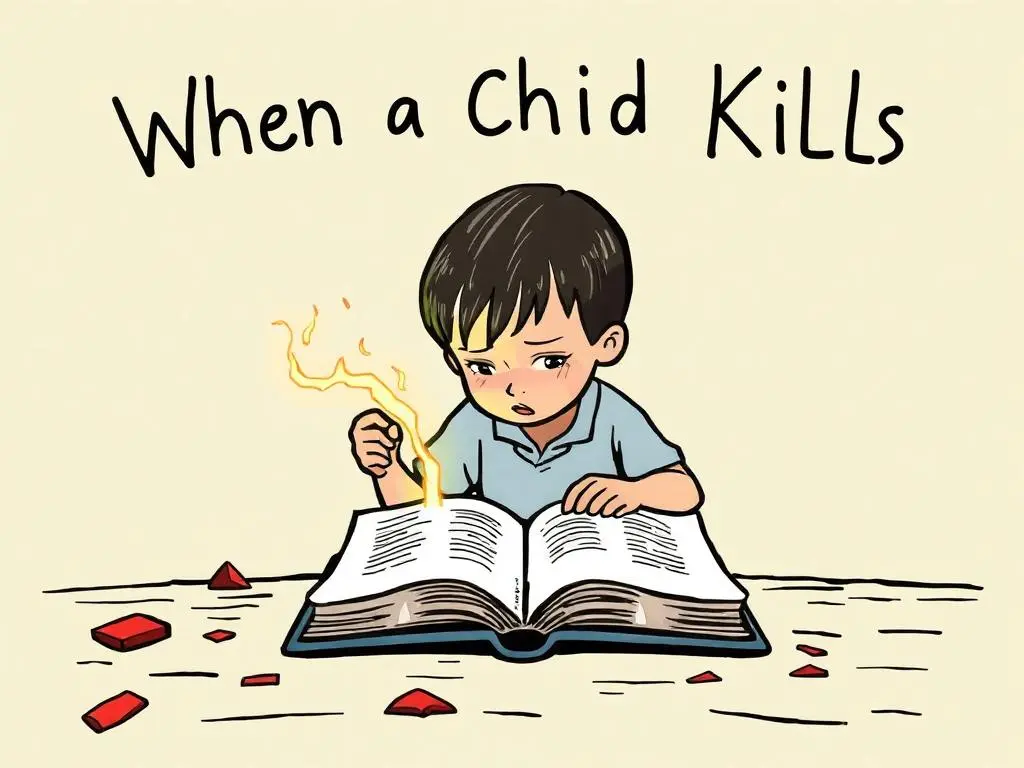Girl Moves Mountains After Mountain Moves Her

Lauren Wolk’s poetic new novel, ECHO MOUNTAIN (Dutton, 368 pp., $17.99; ages 10 and up), starts with a litter of puppies. One of them appears to be dead, and 12-year-old Ellie is supposed to bury him — but she will do no such thing. In a fit of bravery, she tries to revive the pup by plunging him into a bucket of water. He lives, and we know what we need to know: Ellie is a girl who takes matters into her own hands (and the book’s treatment of dogs is delightful).
Ellie’s world has been turned upside down by the stock market crash of 1929. Not that long ago, her family lived in town, her father a tailor and her mother a teacher. Now they live on the side of a Maine mountain, in a cabin they built themselves, eking out an existence as they hunt, forage and barter for food.
We never find out what brought them to this particular place. But the move has caused a deep rift in the family, as Ellie’s mother and her older sister, Esther, have been slow to adapt.
Then Ellie’s father has a terrible accident and the family can barely contain their anger and fear as they wonder whether he will emerge from a coma. Ellie longs to jolt her father back to life, just as she jolted the puppy, but her mother and Esther won’t do anything but wait.
Meanwhile, someone has been leaving Ellie a series of finely wrought wood carvings: a lamb, a flower, an inchworm, an acorn.
One day, Ellie ventures farther up the mountain, where she discovers not only the source of the carvings but a woman whom other settlers call “the hag.”
She, too, is in crisis. As Ellie finds a way to help her, she also finds a way to help her father — and herself.
The hag is not a witch. There are no supernatural forces at work here. “Echo Mountain” is, instead, super natural.
Wolk — author of the Newbery Honor-winning novel “Wolf Hollow” — evokes the mountain environment in language so lovely that long passages read like a novel in verse.
Ellie’s journey takes her into the world of natural healing, though some of this is not for the faint of heart, as when she cleans maggots out of a wound.
Above all, Ellie is keenly sensitive to animals and plants. She depends on nature to survive but never takes advantage of its gifts.
“I myself was two opposite things at one time,” she says. “One: I was now an excellent woods-girl who could hunt and trap and fish and harvest as if I’d been born to it. Two: I was an echo-girl. When I clubbed a fish to death, my own head ached and shuddered. When I snared a rabbit, I knew what it meant to be trapped. And when I pulled a carrot from the sheath of its earth, I, too, missed the darkness.”
Although this is Depression-era historical fiction, the setting could as easily be today, or tomorrow, or any time a disaster forces a return to the land.
Ellie is a strong female protagonist, but she’s not sassy or outspoken, or determined to make her own voice heard. She’s a doer, not a talker.
“Everything takes lessons,” her father tells her. “Though some you’ll give to yourself.”
There’s something refreshing about the quiet strength with which she takes on life-or-death challenges and learns on the fly.
Some readers may be put off by the book’s meandering pace or its unflinching depiction of a world where hunting is a necessity. But Ellie is a deeply appealing character, and her story feels right for this moment.
A reader who longs to get outdoors will appreciate Ellie’s adventures on Echo Mountain. A reader who wants to make a difference will appreciate the way she rolls up her sleeves and gets things done. And surely there has never been a better time to read about healing, of both the body and the heart.




